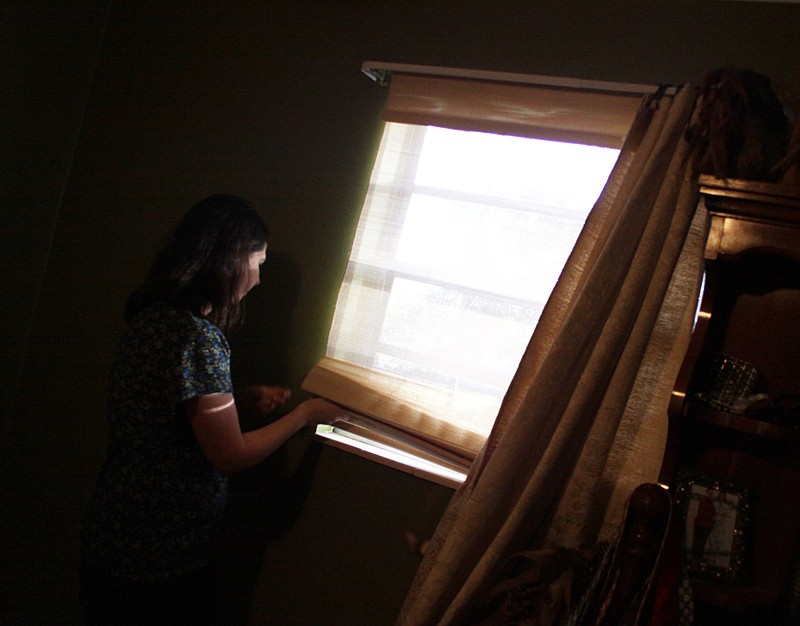CLEVELAND, Tenn. -- Marissa West is a light sleeper. Literally.
Giant floodlights at Bradley Central High School's football field keep West's bedroom well-lighted at night at least one weekend a month, even when the game is long over, she says.
"It's daylight in my bedroom at four in the morning," she said. "I need to get big, honking drapes for my window if I want to block out that light."
Wayne King, who moved in next to the school seven years ago, said the constant light has made it difficult to sleep ever since, but he doesn't complain because he has two children enrolled there.
His daughter Whitney, a sophomore, said the football field lights sometimes stay on for a week at a time.
"Actually, when we turn off all our lights, it will light our house up," she said.
Whitney's brother Taylor, a senior, said he moved to the home's basement this summer to escape the light.
Turner Jackson, Bradley Central's athletic director, said floodlights have been left on for decades to deter vandals. He said teens used to paint the stadium, so the lights are left on Thursday nights before Friday football games against intense rivals.
"I understand [the residents'] concern; it's pretty bright," he said. "But I don't think there's anything I can say to them that would make them feel better. ... Unfortunately, we have to do what we have to do."
West, however, said she's not convinced the night lights ward off delinquency.
"People vandalize schools in broad daylight," she said. "I don't see how leaving the lights on is going to prevent it."
She said sometimes the lights stay on until Monday morning.
"It seems like they're just forgetting to flip the switch off," she said.
Brightness aside, both West, a Bradley Central alumna, and King said their main concern is money wasted when the lights are left on for days at a time.
"They don't cost as much as people would think they cost," said Johnny Mull, energy manager for Bradley County Schools. The lights cost roughly $40 an hour to operate, he said.
That works out to $960 every 24 hours, which West called a "waste of tax money."
Mull said he hopes to be able to install infrared surveillance cameras that can see in the dark at the stadium by the end of the academic year. He said the money is budgeted, but the cameras will go in high-priority areas throughout the school system, which may or may not include the stadium.
But for now, West says, the problem persists.
"They're shining light in their neighbors' bedroom windows," she said. "I don't hate them for it; it's just annoying."
